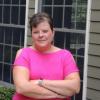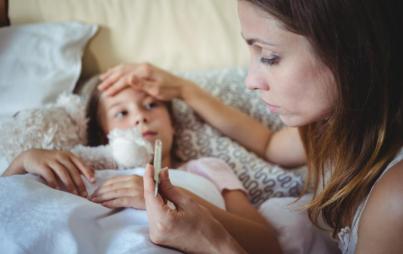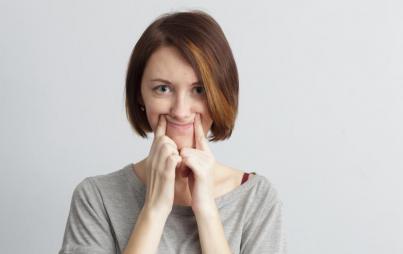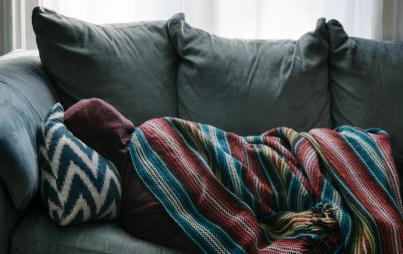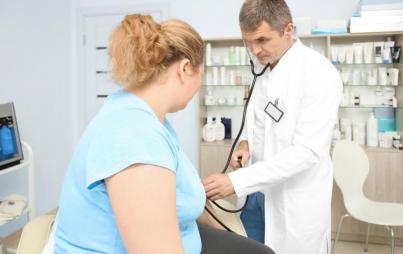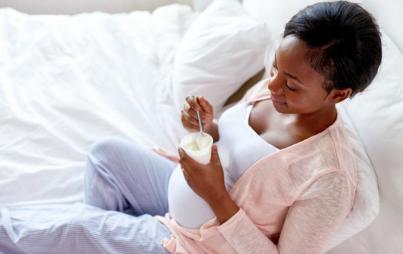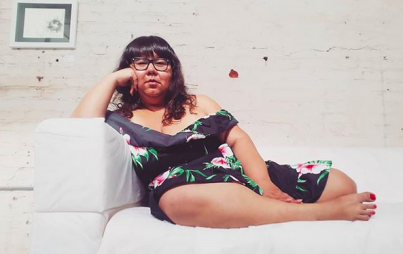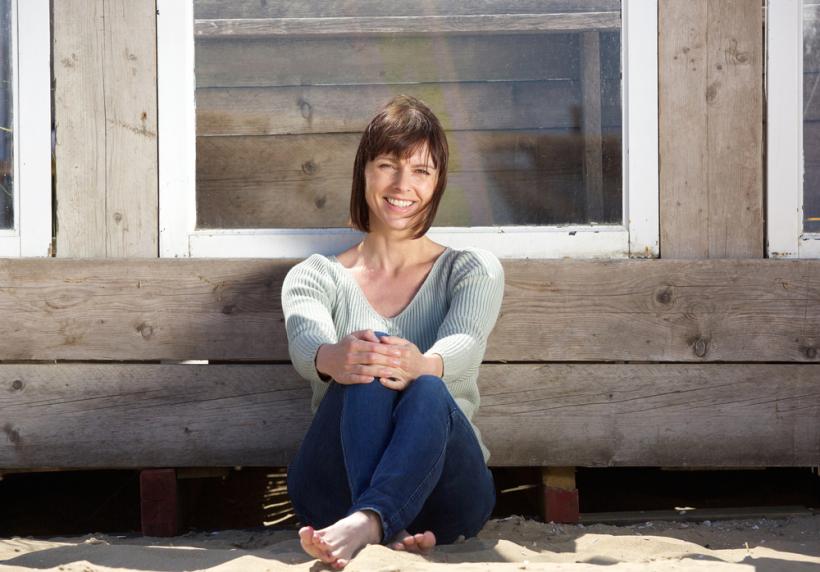
I needed to know so much more about how breast cancer would affect me. Here are ten things I wish I’d known then.
No one wants to hear “I’m sorry it’s breast cancer” or face the storm of tests and treatment that follows. When I heard those words two years ago after a routine mammogram, they changed my life. My doctors and nurses educated me well about chemotherapy and its side effects and the risks and benefits of a bilateral mastectomy and reconstruction surgery. But I needed to know so much more about how breast cancer would affect me. Here are ten things I wish I’d known then.
My life didn’t end.
At the time of my diagnosis, I was 49 years old and joined the 12.4% of U.S. women who’ll be diagnosed in their lifetimes, and I thought my life would end. Breast cancer forced me to confront my mortality. I had to accept that my time in this beautiful life is limited. Then, I could face the illness and its horrific treatment. Did this mean that I didn’t worry? No. There were plenty of dark days filled with fear, tears, and grief. But life went on, and so did I.
I didn’t know how much I’d miss my breasts.
When I decided to have a bilateral mastectomy, I didn’t give much thought to what life — especially my sex life — would be like without my breasts. I was focused on getting the cancer out of my body and doing all that I could to prevent recurrence. Sex was the last thing on my mind at the time since I felt and looked terrible.
After many months, when I was ready for sex again, I found my beautifully reconstructed breasts were numb. My favorite personal hotspot was no more. Even though I knew this would happen since my surgeons told me I’d lose sensation, the reality of having no feeling when my husband caressed me was tough.
I lost more than the hair on my head.
When my oncologist told me I’d lose my hair, I focused on how I was going to deal with being bald. Would I do the scarf thing? Get a wig? I didn’t think about the rest of my hair. I lost all of it, other than my eyebrows and lashes. No razors, no waxing, no problem.
I learned to ask for help.
Before treatment started, I’d convinced myself I’d take care of everyday life. Then, chemo’s side effects kicked in and sidelined me. Once I accepted that I needed help and asked for it, it came in droves. So many people provided support — making meals, driving my kids around, taking me grocery shopping, and accompanying me to treatment or other appointments. One of the greatest gifts that anyone can give a cancer patient is concrete support.
Movement mattered.
Once I lost my hair and had started chemotherapy, I didn’t want to go to the gym. I wasn’t going to work out in a wig and didn’t want to deal with the pity party stares if I wore a baseball cap. Instead, I walked a couple of miles every day and lifted weights twice a week (other than when I was recovering from surgery). Exercise not only helped me retain my range of motion and strength, but it also was great for my mental health.
I needed to laugh.
During chemotherapy, I needed to take my mind off of being sick. I asked the funniest people I knew to make me laugh on my infusion days. Every three weeks, my email was filled with jokes and funny videos. Being able to laugh and smile was good medicine.
I couldn’t believe the stupid s*** people said.
I was stunned at what friends (and strangers) said after my diagnosis. I heard everything on the “what not to say to cancer patients” lists, including the dead relative/friend stories, the “at least you got a boob job” remarks, and the Internet’s latest “cures” or “natural” treatments” for cancer. One person suggested that I start using supplements that she sold; another told me I could cure my disease with positive thinking. I was told how brave/strong/inspiring I was — when I felt anything but.
While I’m sure these individuals were trying to be helpful, these conversations left me exhausted and stressed because I had to explain what my doctors, whom I trusted, had recommended or smile wanly because it was too hard to explain how frightened and upset I really was.
Side effects lingered.
Hair loss lingered. It took about a year for my hair to grow back and it’s thinner than it was. I also still experience side effects from chemotherapy and my daily estrogen suppressing medication such as brittle and damaged nails, dry skin, a dry vagina and corresponding loss of libido. I haven’t been able to eliminate them, but I’ve improved my quality of life through self-care.
I treat myself to manicures. I use soothing organic skincare and luxurious hair care products. I started using a low dose estrogen cream and plenty of quality personal lubricant. Over time, with patience and re-learning what brought us both pleasure, my husband and I returned to sexual intimacy as we got used to my new body.
Healing took much longer than I thought it would.
I knew it would take time to recover from chemotherapy and breast surgery, but I had no idea how long. The physical recovery from surgery wasn’t terrible — about six weeks after my mastectomy and another month after my implant surgery. My mental recovery, including learning to accept my new body and to deal with lingering anxiety, has taken over two years.
Cancer never ends.
When my year of treatment was over, my family and friends celebrated the “end.” I quickly learned that life with cancer wasn’t over and never will be.
My anxiety and fear of recurrence increased after treatment ended. I couldn’t sleep. I panicked when I was alone. I was irritable and short with my family. My oncologist told me I was suffering from post-traumatic stress disorder, but I didn’t believe him. After almost two years, I decided I couldn’t live that way and sought help.
I started going to therapy and meditating. I’ve let go of relationships and commitments that didn’t bring me joy and connected (or re-connected) with people who do. Cancer changed my life. I can’t go back. I know what matters. It’s a short list — my family and friends, my writing, and helping other newly diagnosed women. I try — on some days more successfully than others to be sure — not to worry about what tomorrow will bring. I have all I need today.

